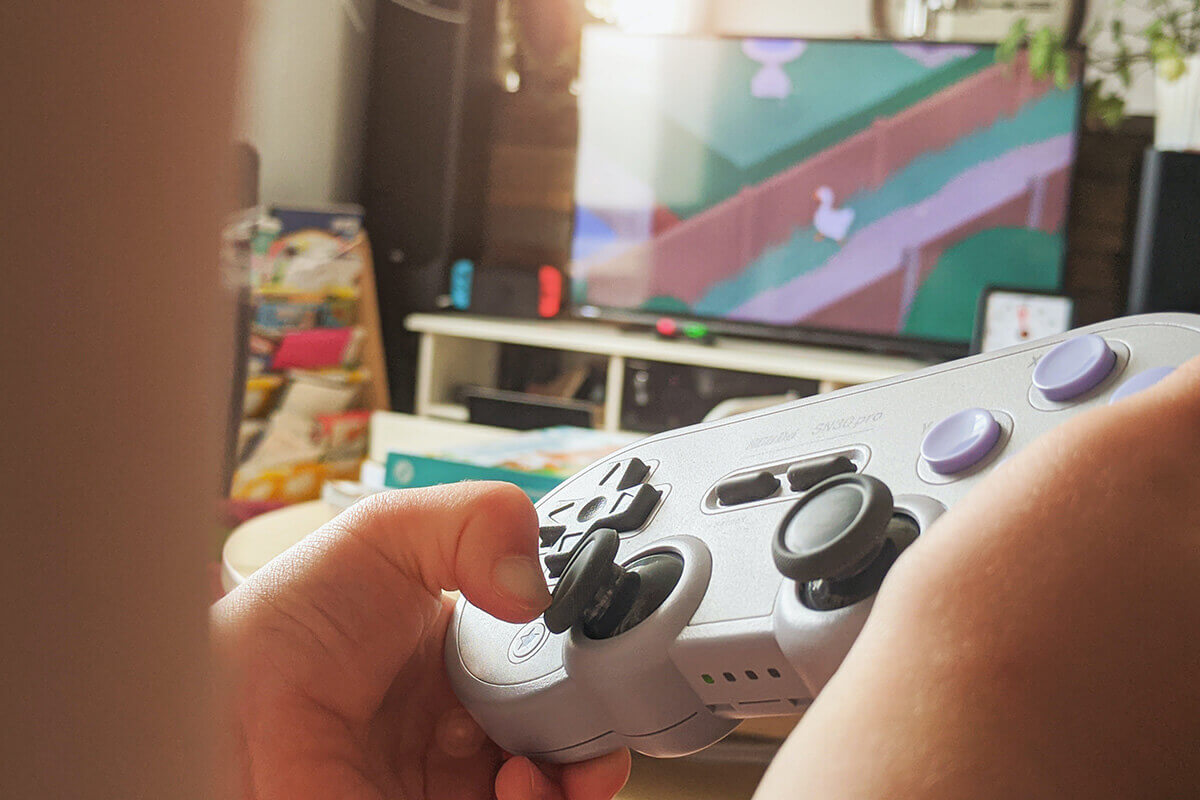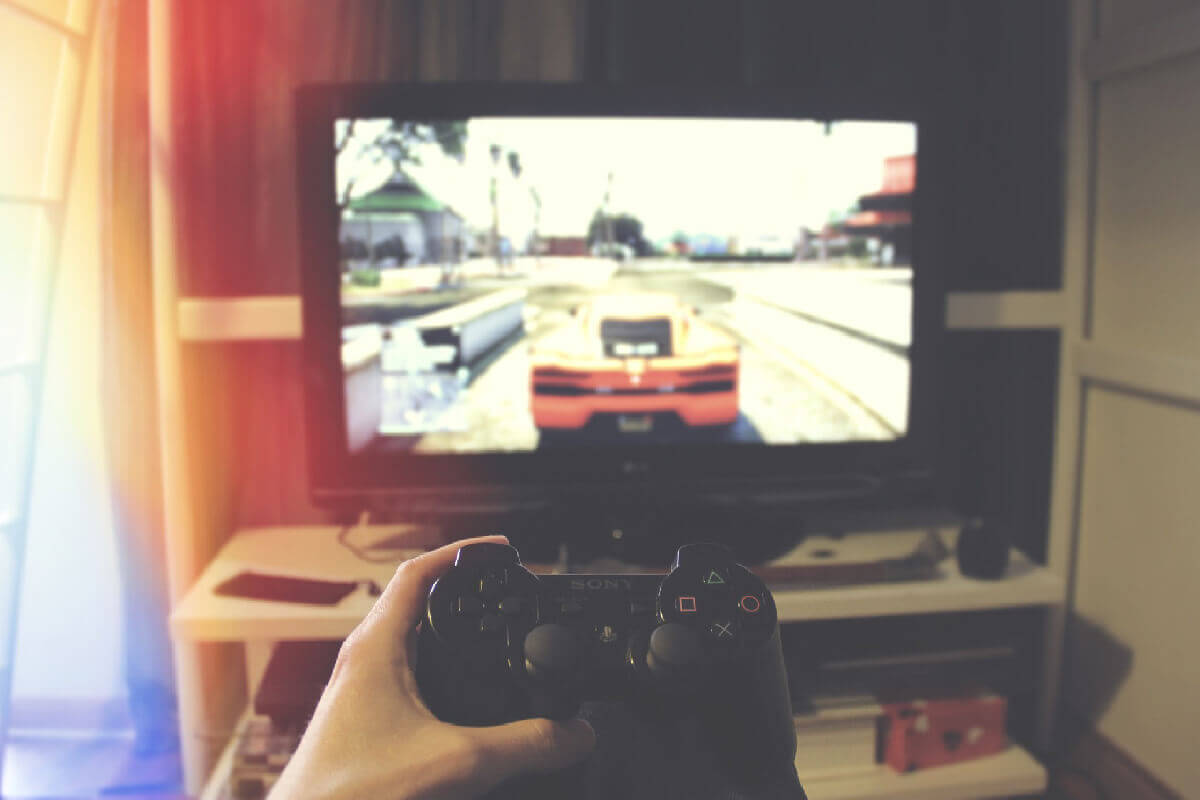On 13th October, Mediatel hosted its annual Future of Gaming event. It featured many interesting discussions overlapping with MTM’s own upcoming event, Let’s Change the Game: diversity and representation in video games.
At MTM we’re fully invested in the promotion of video games as an artform. It is frankly the most immersive and innovative entertainment experience available. Diversity and equality is core to this experience, so here’s a run-down of our favourite insights from the event, and how they apply to our proprietary research into DEI in gaming.
Gamers as a highly responsive audience
The event focussed on gamers as a marketing audience, and the future of the relationship between gamers and industries. A recurring theme was gamers defying the stereotype of a teenage boy playing games alone – something we all know as untrue, but disappointingly still exists in society. Samsung’s Daniel Trevett described gamers as “uber-consumers”, who were affluent, had bank accounts, listened to music… they even tended to spend more on SVODs, and food & drink. Hence, this audience is likely to take action in response to games they like, which aligns with our own diversity research. Upon positive representation in games, gamers were more likely to take actions like buying merchandise and future games by that developer. It seems the only thing uniting this broad spectrum of people is their love of games, and their need for more diverse character representation and narratives.

